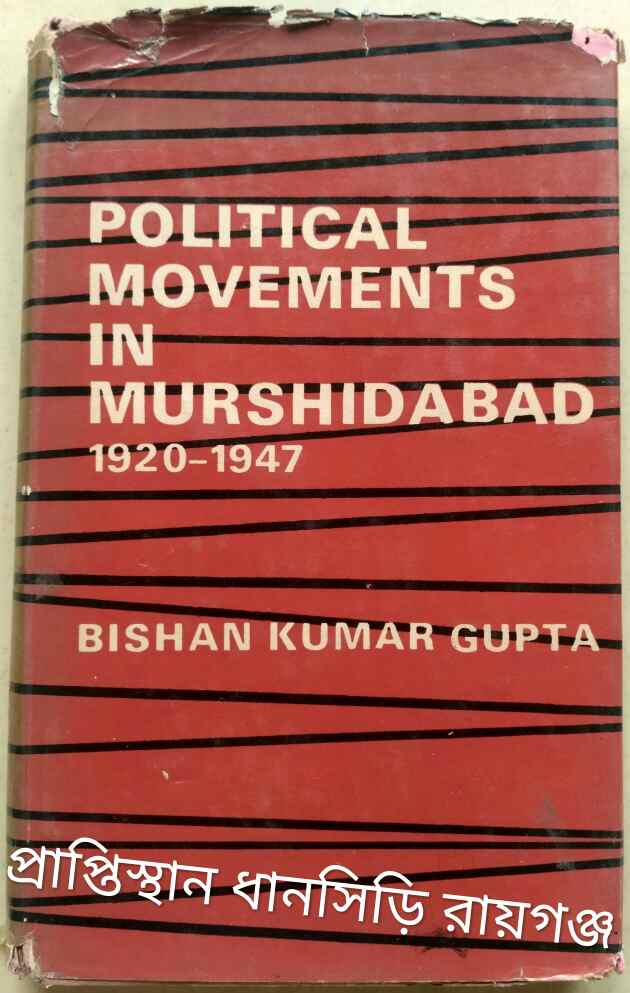Description
Dr. Bishan Gupta’s book, based on a wide range of sources, focusses on the tradition of Hindu Muslim unity that continued in Murshidabad until independence. Apparently, the Nawab Bahadur of Murshidabad, a pillar of the Zamindari system, played not a mean role in maintaining communal unity The Bauls and Fakirs preached love towards humanity, which seem to be an important factor in building and preserving Hindu-Muslim unity.As Dr. Gupta has shown, popular movements remained very weak over the years, the Communists as well as other Left parties hardly achieved much success in mobilizing the rural poor. From 1942 onwards some of the Left parties, most notably RSP, mounted a ferocious campaign of anti-communism ; thanks to the efforts of RSP, the students move ment was disrupted. In the face of the opposition of the feudal elements, the Congress could not become an effective political force until 1938.As in other Bengal Districts, the educated middle class gradually came to the forefront in nationalist movements.Significantly, the middle class hardly went to the village to mobilize the peasants. It is not fortuitous that the popular movements could not grow into an effective force in the colonial period The book throws new light on the emerging features of popular movements in Murshidabad.




Be the first to review “Political Movements In Murshidabad 1920-1947 -Bishan Kumar Gupta”
You must be logged in to post a comment.